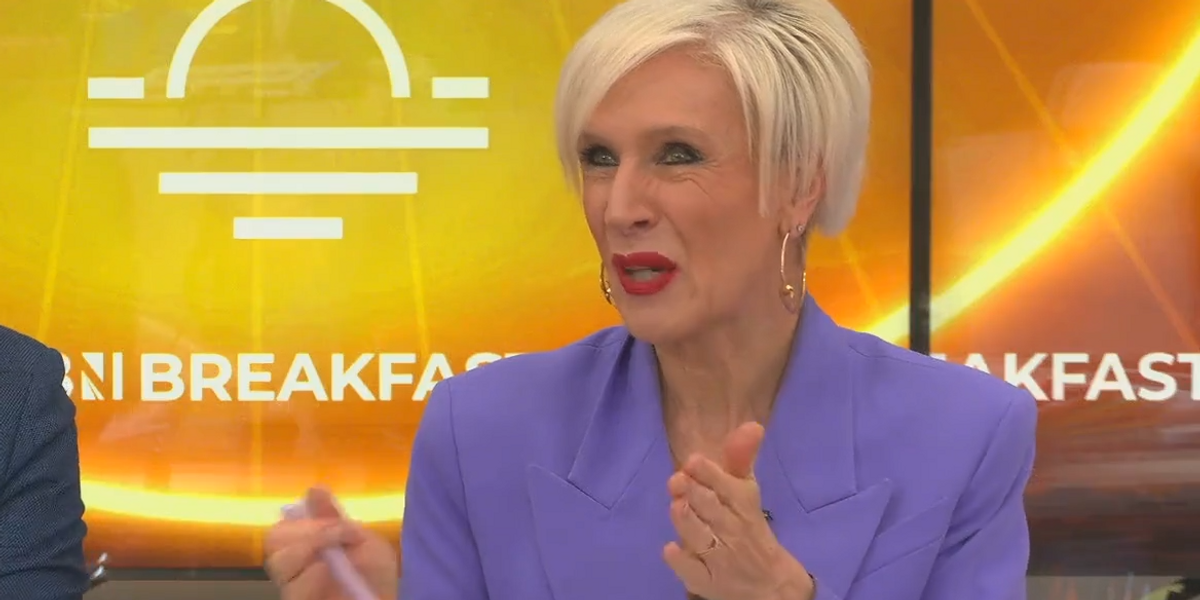A host of Canadian media companies filed a lawsuit against OpenAI today, alleging “inappropriate and illegal” use of their journalism to power the company’s GPT model, Reuters reports. It’s the latest salvo fired by the media in its fight against AI companies that have scraped large swaths of the open web to train their large-language models.
The suit was filed by several leading Canadian media companies, including the owners of the National Post and Toronto Star, The Globe and Mail, The Canadian Press, and CBC/Radio-Canada. The group alleges that OpenAI infringed on its copyrights when training its models, like ChatGPT, without seeking permission or offering compensation.
“OpenAI’s public statements that it is somehow fair or in the public interest for them to use other companies’ intellectual property for their own commercial gain is wrong,” National Post owner Postmedia said in a statement. “Journalism is in the public interest. OpenAI using other companies’ journalism for their own commercial gain is not. It’s illegal.”
The group is seeking damages, and an injunction against OpenAI from using the companies’ news articles to train its AI models in the future. According to The Guardian, the plaintiffs want up to C$20,000 for each article used by OpenAI, which could add up to billions of dollars if they win their lawsuit. OpenAI has relied on an interpretation of “fair use,” which allows the unlicensed use of copyrighted material under certain circumstances, in its response to these various lawsuits.
The suit is similar to legal actions taken by US-based media groups, including the New York Times and Center for Investigative Journalism. A group of eight publications owned by hedge fund Alden Global Capital, including the New York Daily News and Chicago Tribune, is also suing, along with The Intercept, Raw Story, AlterNet, and The Denver Post. (A judge dismissed Raw Story and AlterNet’s complaint earlier this month.)
Meanwhile, other media companies have struck deals with OpenAI to license their content to the AI startup, including The Associated Press, Axel Springer, the Financial Times, Dotdash Meredith, News Corp, Vox Media (The Verge’s parent company), The Atlantic, and Time.
“We collaborate closely with news publishers, including in the display, attribution and links to their content in ChatGPT search, and offer them easy ways to opt out should they so desire,” OpenAI spokesperson Jason Deutrom said in a statement.
Disclosure: Vox Media, The Verge’s parent company, has a technology and content deal with OpenAI.

 By The Verge | Created at 2024-11-29 19:54:12 | Updated at 2024-11-29 22:52:48
3 hours ago
By The Verge | Created at 2024-11-29 19:54:12 | Updated at 2024-11-29 22:52:48
3 hours ago







